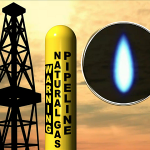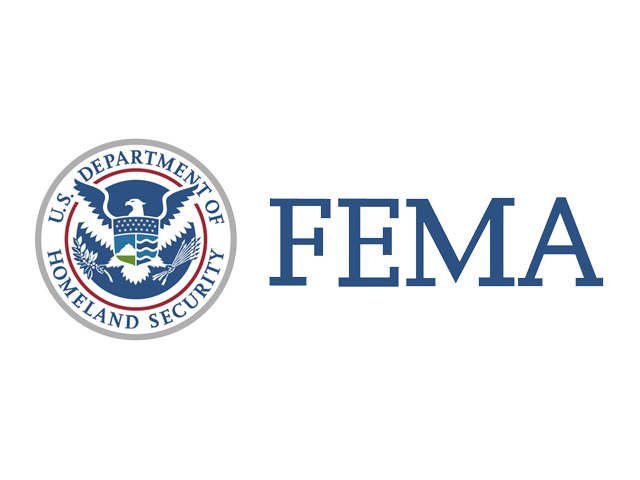
Attorney General Mark Herring says Mountain Valley Pipeline has agreed to pay a civil penalty of $2.15 million for violating environmental regulations. And MVP agrees to submit to court-ordered and court-supervised compliance with environmental protections.
NEWS RELEASE: RICHMOND (October 11, 2019)—The Commonwealth of Virginia has reached an agreement with Mountain Valley Pipeline, LLC that will force the company to submit to court-ordered and court-supervised compliance with environmental protections, impose additional layers of independent, third-party monitoring on the project, and require the payment of a significant $2.15 million civil penalty. The agreement will resolve the lawsuit filed in December 2018 by Attorney General Mark R. Herring on behalf of the State Water Control Board and the Virginia Department of Environmental Quality, and includes the following key terms:
- Places MVP under court-ordered and court-supervised compliance with the State Water Control Law, Stormwater Management Act, Erosion and Sediment Control Law, the state-issued Clean Water Act Section 401 Water Quality Certification and all other applicable environmental laws for the duration of construction, adding additional layers of tough oversight and accountability. Any future violations would be a violation of both applicable environmental laws and a court order, which carries much more significant consequences.
- In court filings, MVP stated that it planned to challenge the validity of the Section 401 Certification issued by the State Water Control Board. If MVP had succeeded, construction would have continued but all the conditions and environmental protections the Board placed on the project would have been wiped away. This agreement locks MVP into the terms of the certification issued by the Board, and MVP waives any right to contest the previously filed suit.
- MVP will have to spend its own money for enhanced monitoring of erosion control measures throughout the project and for new monitoring of fisheries and wildlife in work areas. Independent, third-party auditors, who must be approved by DEQ, will make bi-weekly assessments to ensure that best management practices are being used and that erosion and sediment controls are installed and functioning properly.
- MVP must immediately confirm that it is in compliance with all applicable provisions of environmental laws, including remediation of previously identified instances of alleged noncompliance.
- MVP must pay a $2,150,000 civil penalty that will support ongoing environmental protection and enforcement activities in Virginia. By comparison, the West Virginia Department of Environmental Protection recently resolved similar allegations for just $266,000.
- If any future violations occur, MVP will have to immediately clean up the damage and restore the site at its own expense, and will be subject to an expedited process for imposing significant financial penalties of a predetermined amount.
- Advance notification to DEQ of any land-disturbing activity in or around each waterbody or wetland.
- The Commonwealth retains the ability to pursue any necessary remedy to protect public health or the environment during construction, and the Commonwealth can recover its costs for enforcing any provision of the consent decree.



